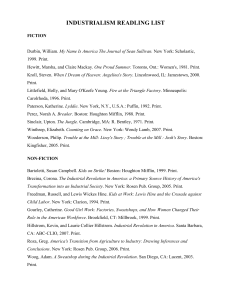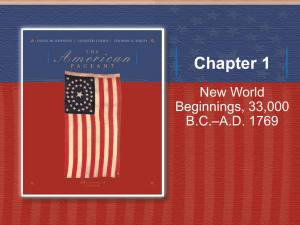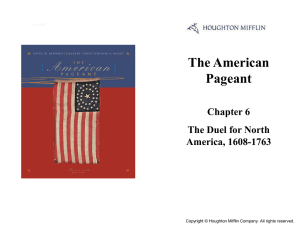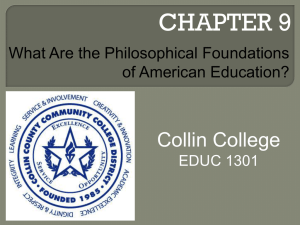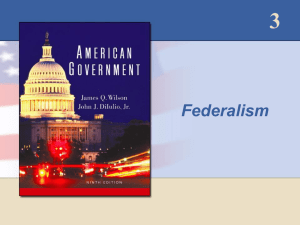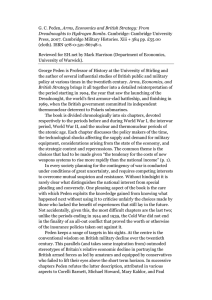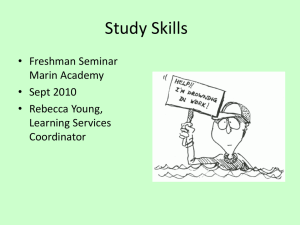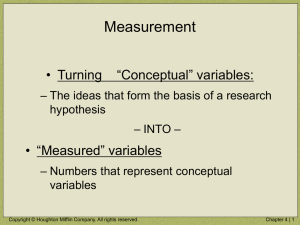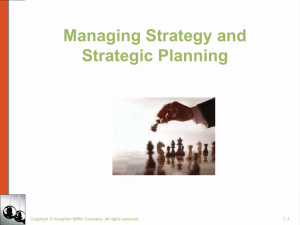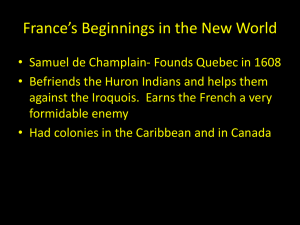European Imperialism
advertisement
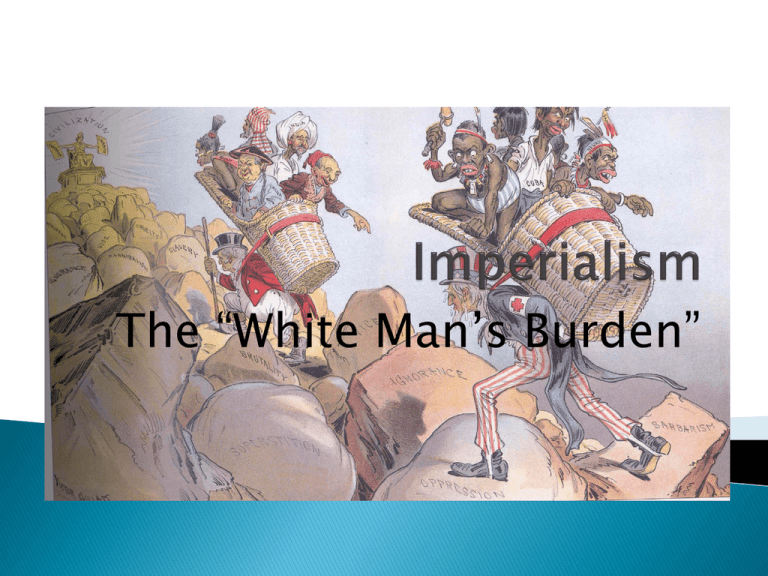
The “White Man’s Burden” Acquisition of colonies became part of the European power struggle. No people could match western Europe’s power resources. In the late nineteenth century, industrial growth and worldwide trade created among Europeans a new global competition for empire. The search for vital raw materials, markets, and investments intensified economic outreach, leading to ruthless exploitation and domination. Perry, Peden and Von Laue. Sources of the Western Tradition. Boston, MA: Houghton Mifflin, 1999 Thus started a frantic race to occupy the last unclaimed parts of the world. The European powers began a “scramble for Africa.” In 1884 there was a conference in the German city of Berlin. The European powers gathered there to discuss who would control which parts of Africa. No African leaders were involved in the conference. Perry, Peden and Von Laue. Sources of the Western Tradition. Boston, MA: Houghton Mifflin, 1999 The imperialists dominated their helpless subjects; all resistance was ruthlessly suppressed. Convinced of their superiority, the imperialists often viewed those they were colonizing with disdain, dismissing their culture as barbaric. Indigenous ways, not understood and generally disgusting to Europeans, provided a challenge to Western attitudes. Perry, Peden and Von Laue. Sources of the Western Tradition. Boston, MA: Houghton Mifflin, 1999 Their reactions ranged from Social Darwinist racism to a patronizing conviction that they were obliged to civilize their subjects according to their own values. For some, extending the benefits of imperial rule over “primitive” people was a source of deep patriotic pride. Perry, Peden and Von Laue. Sources of the Western Tradition. Boston, MA: Houghton Mifflin, 1999 http://thebrightestman.wikispaces.com/HOW+DID+-ISMS+DEFINE+THE+NINETEENTH+CENTURY%3F
